Learn how to plan for these important investments....

Five years ago, cryptocurrency was probably not on your radar. Today, it may be an important investment in your portfolio. You could even own some nonfungible tokens (NFTs), which are powered by the same blockchain-based technology. Despite the dizzying fluctuations in the value of these assets, you should ensure that they are included in your estate plan so you can preserve them for your heirs.
Preserving Cryptocurrency: Now and Later
Cryptocurrency, which is digital money, is exhibiting stability as part of the global financial landscape, even though the value of individual coins (units of cryptocurrency) has been notoriously volatile. The overall market hit $3 trillion in value in 2021, only to lose $2 trillion in value so far in 2022. Emerging from the ashes of the 2008 financial disaster, cryptocurrency is likely to retain its status as an investment option because its holders enjoy freedom from government and bank control.
This advantage can become a drawback when it comes to preserving cryptocurrency. Before you consider including cryptocurrency in an estate plan, it is imperative that you hang on to your digital cash on a day-to-day basis. This involves preserving the passwords and digital wallets (storage units) connected to your cryptocurrency. This will avoid a disastrous situation like the one that befell a Welsh man who accidentally threw away half a billion dollars’ worth of Bitcoin.[1] Consider the following options to preserve your cryptocurrency:
● Hot wallet: An online app that provides convenience but is vulnerable to being hacked or stolen
● Cold wallet: An offline storage device that avoids hacking but is a small item and easily misplaced
● Custodial wallet: A third-party crypto exchange that holds your coins, avoiding the risk of losing the device, although the company could freeze your funds or be the target of a cyber attack
● Paper wallet: A printed list of keys and QR codes that is safe from hackers but easily misplaced
Tax Consequences to Consider
Another important consideration is that the Internal Revenue Service (IRS) considers cryptocurrency to be property rather than currency. That means it is subject to capital gains tax. Whether the owner holds it for longer than twelve months determines whether the IRS will assess short-term or long-term capital gains tax. Exchanging cryptocurrency for fiat currency (a country’s official money) is a taxable event, as is exchanging one kind of cryptocurrency for another (e.g., exchanging Bitcoin for Ether). If you are in the business of selling or creating cryptocurrency (called “mining”), ordinary income tax rates will apply.
What about NFTs?
NFTs are unique digital collectible items. They are based on the concept “I own this.” It does not matter what “this” is, just that it is valuable or may gain value someday. That is why various digital collectible assets, such as the following, can be characterized as NFTs:
● Digital artwork
● Video clips
● Social media posts
● Memes
● Gaming tokens
● Digital real estate
While being the owner of the virtual Pyramid of Giza may seem silly today, who knows how much it will be worth tomorrow? This makes a little more sense when we think about emerging technologies like virtual reality, augmented reality, and metaverses. While the NFT market seems to have collapsed recently,[2] you never know when it will bounce back or if something similar will take its place.
How Crypto and NFTs Fit into Your Estate
Plan
Talk to us about cryptocurrency and NFTs, even if you have not yet purchased your first Dogecoin or CryptoKitty. We can help you keep taxable events to a minimum and preserve your digital assets as part of your overall estate plan while maintaining your privacy.
[1] D.T. Max, Half a Billion in Bitcoin, Lost in the Dump, New Yorker (Dec. 6, 2021),
https://www.newyorker.com/magazine/2021/12/13/half-a-billion-in-bitcoin-lost-in-the-dump.
[2] Stefan Ionescu, The NFT Market Collapse: What Happened, and What Can We Learn From It?, MakeUseOf.com (Jul. 4, 2021), https://www.makeuseof.com/nft-market-collapse-lessons-learned/..
If you have any additional questions, or would like to consult one of our legal professionals, please contact our offices. We can make sure you have a comprehensive plan that is tailored to your unique needs and goals.




